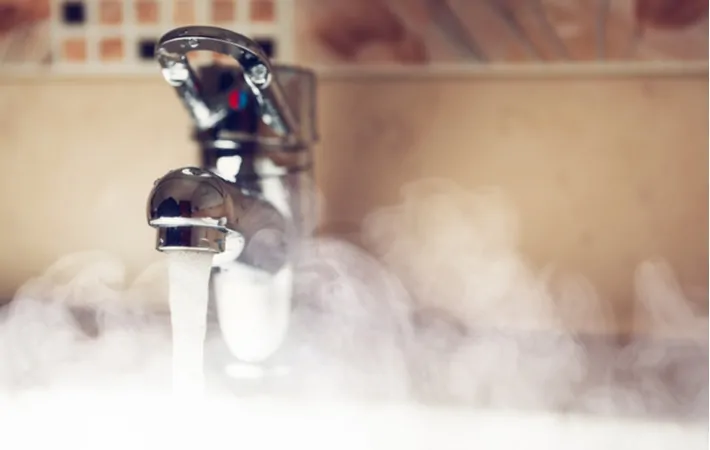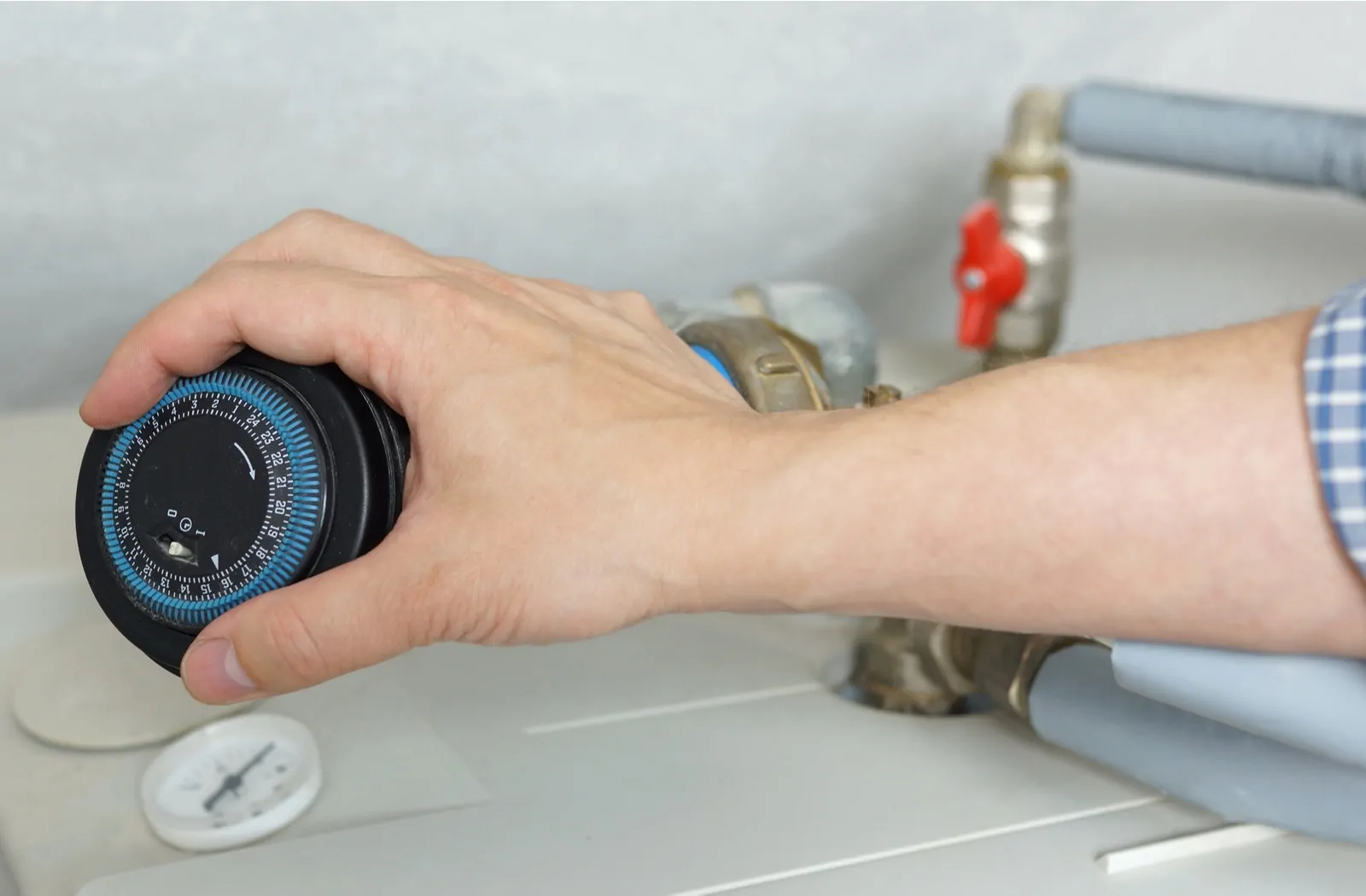When it comes to making your home more energy-efficient, homeowners often consider purchasing a water heater timer. You may have wondered whether or not your hot water tank needs this added smart feature. There are a variety of different water heater timers available on the market, and each of them offers significant savings and a variety of other perks, depending upon your home.
Whether you refer to it as a water heater or a hot water tank, our experienced technicians can get you headed in the right direction if you’re interested in installing a timer of your own.
Do Timer’s Use Much Electricity?
A water heater timer can save you money on both your electricity and water bills. However, homeowners with hot water tanks located outside of their homes, report seeing the most significant margin of savings. The reason being that the cold temperatures outside make your water heater work overtime to stay warm.
Improving Energy Efficiency
This is also the case if your home is charged excessive usage rates during peak hours. By setting a timer during peak hours, you can effectively limit usage which saves you money on utilities particularly if you’re already proactive about lowering your bills.
Hot Water Timer Savings
Hot water consumes a large part of your utility bill, following home heating, making up 15-25% of your utility bill. It can start saving you money especially if your utility company charges more in the morning or the evening reducing the cost per kilowatt of usage.
Ultimately, the type of timer you purchase is up to your particular wants and needs. By choosing the best water heater timer for your home, you can optimize these savings.
Types of Water Heater Timers
Timers for Gas Water Heaters
Is gas the primary fuel source for your hot water tank? If so, it probably uses electricity to turn off or on. If this is the case, you’ll want to look into installing a water heater timer that includes Z-Wave and WiFi timers. Here are the different types of timers and how each is used and adjusted to bring you warm water in a flash.
Programmable Timers
For everyday household use, a programmable timer is going to be your best bet. They are widely considered the most efficient type of timer. You can create various presets which control the power going to your hot water tank. Some of the most common preset for these timers include shutting off power during the workday and late at night while no one is home.
Switch Timer
A simple on-off switch is not technically a timer. However, it’s an efficient way to reduce energy consumption during non-peak hours. This requires a bit of planning. After all, it takes a while for hot water tanks to heat up. If given a choice, we recommend using a more efficient method.
Box Timers
Both digital and electronic, a box water heater timer is one of the most common water heater timers on the market. You have the advantage of setting up different usage periods based on hours, days of the week, and even days of the months. In a high-traffic household where your hot water needs vary from day to day, a box timer would make the best fit for your home.
Z-Wave and WiFi Timer
If your home relies on smart technology, Z-Wave and WiFi water heater timers give you ultimate control over your hot water tank’s settings. While Z-Wave and WiFi timers require more of an upfront investment, you can control the settings directly from your phone.
This gives you ultimate control over just about any function including turning your hot water tank on or off, or even setting a particular timer function.
Countdown Timers
Activated by a switch, countdown timers are more efficient than the switch timers mentioned above. However, they still require manual adjustment ahead of time. In a nutshell, you simply set how long you want your hot water to run. Once that time has run out, the countdown water heater timer will automatically turn the water heater off.
Installing a Hot Water Heater Timer
The process for installing a water heater timer can vary depending on your house and the type of timer you want to install.
While some procedures for installing a water heater timer are simple, such as plugging them and hanging them on the wall, others are much more sophisticated. This can include disconnecting wiring where it enters the hot water tank and connecting those of the timer.
If you have any questions, we’re always ready to help.

Other Ways To Reduce Water Heater Usage
While installing a water heater timer can make a sufficient impact on your water heater energy costs, there are different ways to reduce water heater usage. Take a look below at some of the most common methods below.
Lower The Water Heater Thermostat
Another way to reduce hot water usage is to simply use less of it. Start small by cutting your shower and bath times by 5 minutes. You can also try using cold water in daily tasks like washing dishes, clothes or other household chores. Combining all of these into your day-to-day routine can cut hot water usage in the household by as much as 50%!
Insulate Your Water Heater
Another option to lower the energy output of your water heater is to add a layer of insulation. Whether your water heater is outside or inside, adding a thick layer of insulation can keep your water hot much longer. It will also reduce the time needed to keep your water heater operating at your desired temperature. It’s a simple, yet very effective method to conserve energy. Doing so could reduce standby heat losses by 25%–45%.
Maintenance of Your Hot Water Tank
To get the most out of your water heater, it is important to keep it in good working condition. This means performing regular water heater maintenance. If you have hard water, your main task will be to drain and flush your hot water tank regularly. If you have an older model, you may want to consider replacing the heating element. Doing so will allow your water heater to operate much more efficiently and could even prevent costly malfunctions.
Replace Your Water Heater
Sometimes, replacing your water heater is the best option. While the average lifespan of a water heater runs between 10-15 years but can vary – especially if you have hard water.
Professionals Are Always Ready To Help
When you decide to shop for a new water heater, there is a lot to take into consideration. You need to compare ENERGY STAR® ratings, tank sizes, and installation. As always, it’s best to call a water heater professional who can give you what’s best for your family’s needs.
By combining a water heater timer with some of the methods above, you can cut your energy consumption drastically. This allows you to spend your hard-earned money on what matters most, your family.



